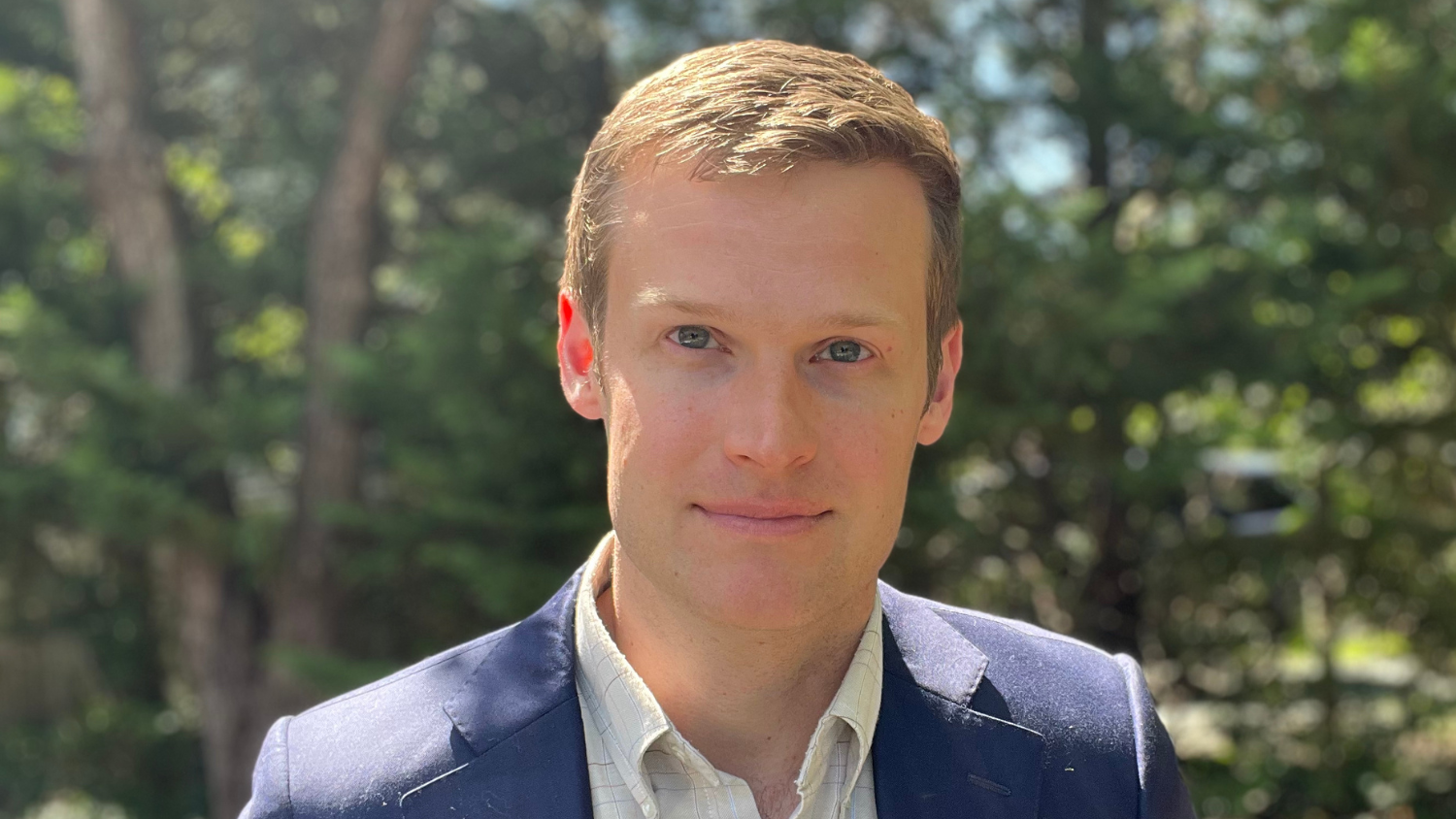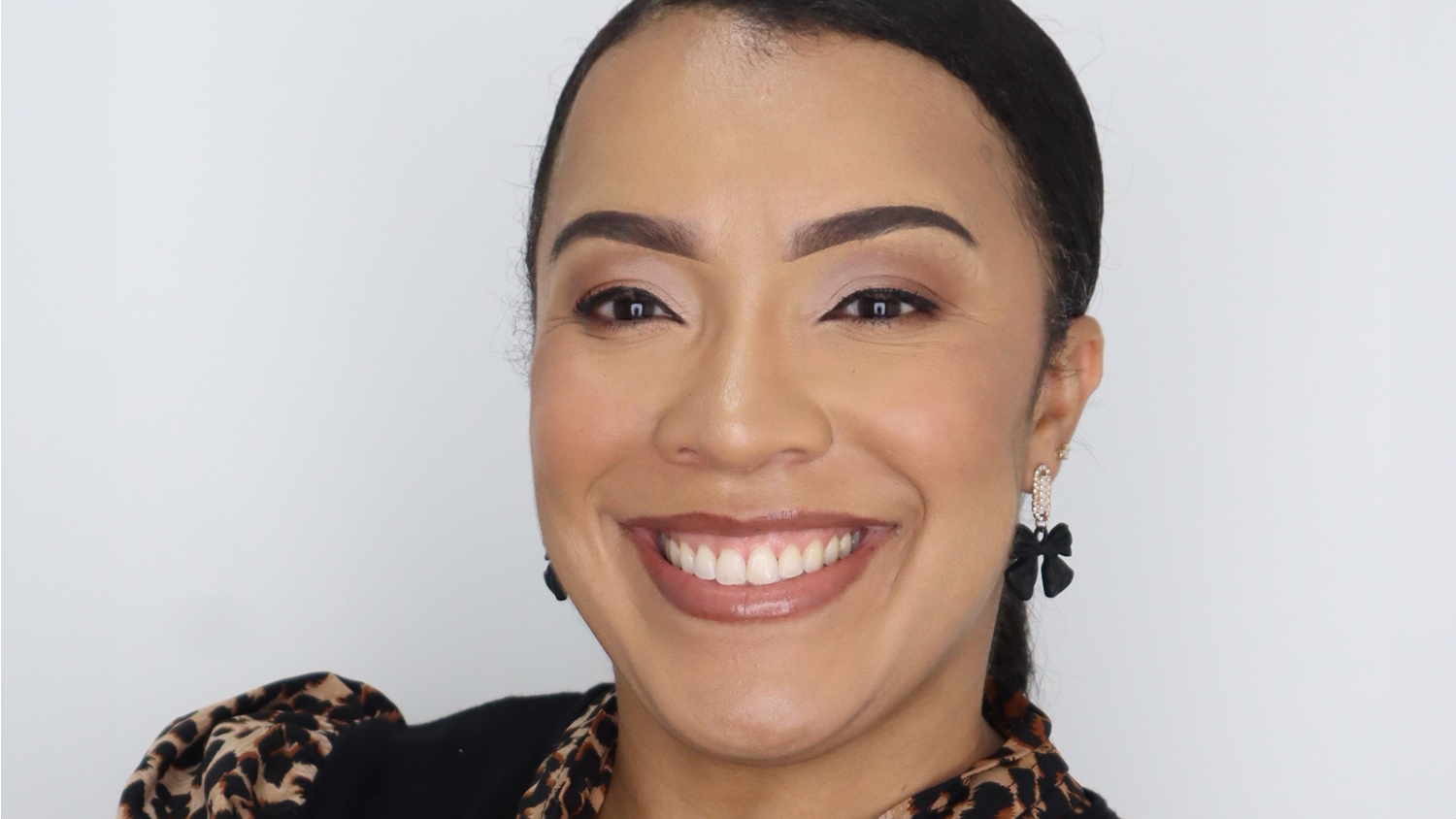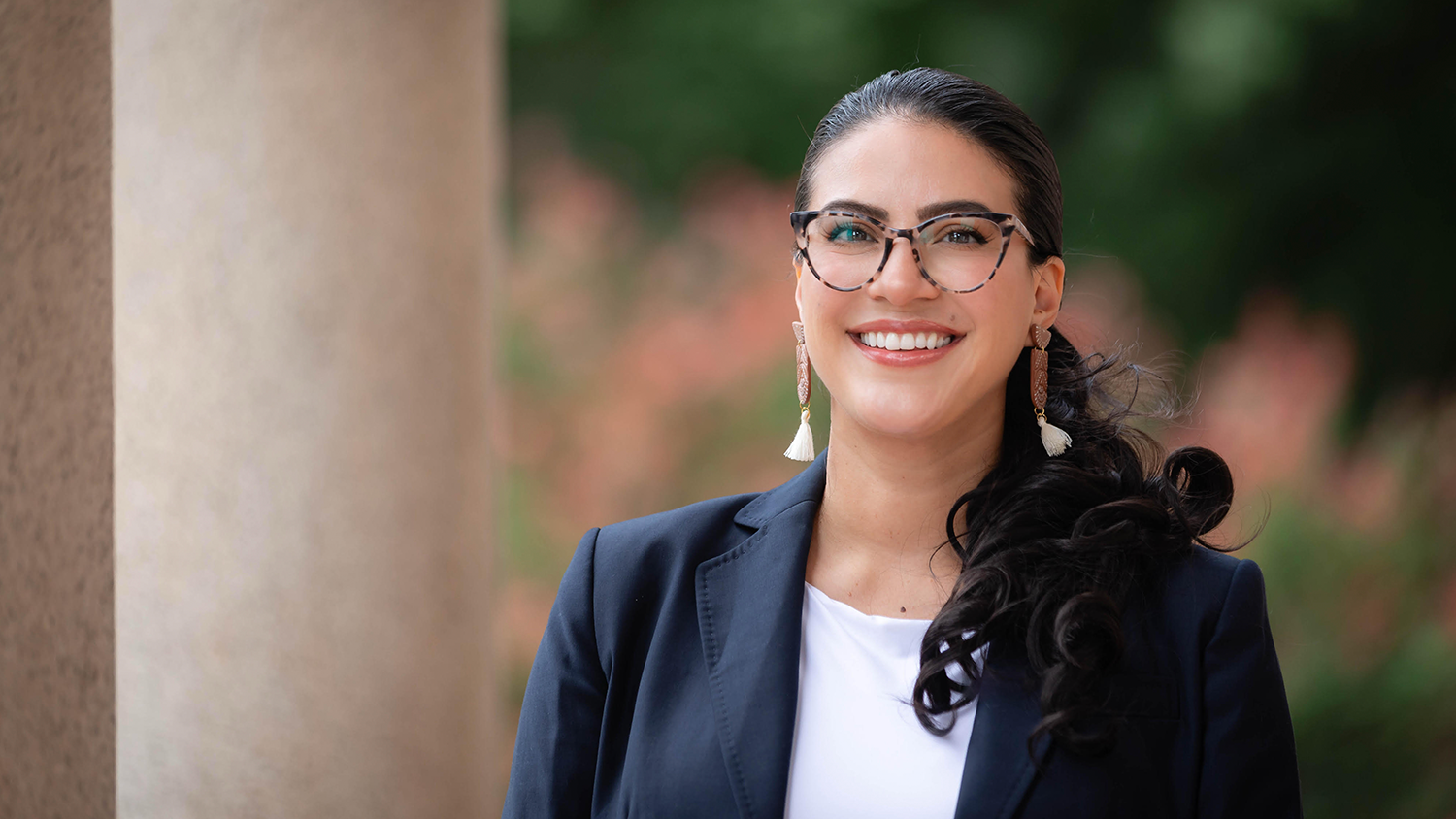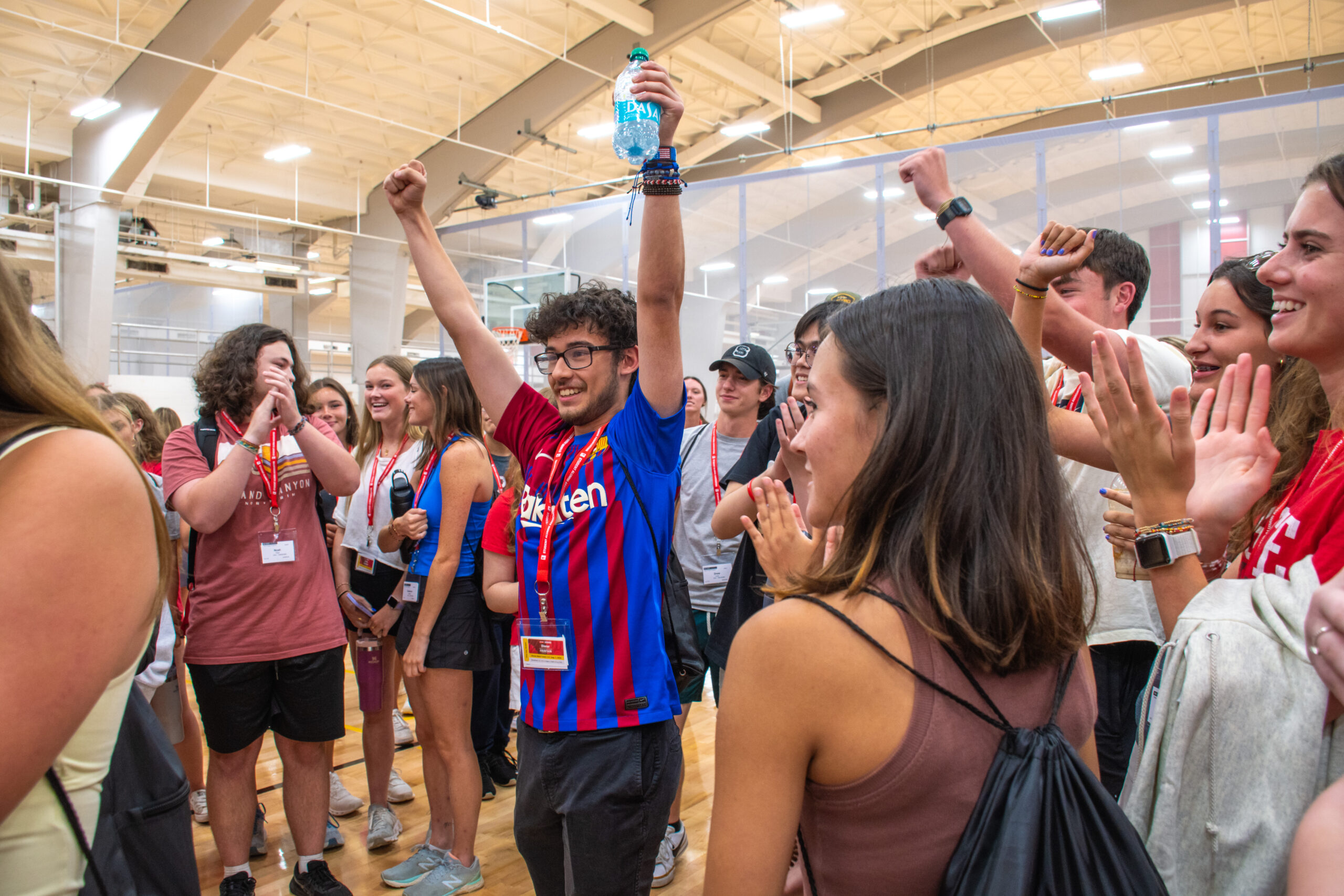Luke B. Carman ’24PHD: ‘I Came Back to Get a Ph.D. Because I Wanted the Opportunity to Teach and Learn in Community With Other People’

Luke B. Carman never intended to become a middle school math teacher, but once he was in the classroom, something clicked for him.
His passion for teaching eventually brought him back to the NC State College of Education – where he also earned his master’s degree – for a doctoral degree. As he graduates with his Ph.D. in Learning and Teaching in STEM mathematics and statistics education concentration, he is ready to use his research to bring students, teachers and communities together to improve K-12 education.
Meet Luke:
Hometown: Rochester, New York
Degree: Ph.D. in Learning and Teaching in STEM mathematics and statistics education concentration
Why did you choose the NC State College of Education?
I chose NC State because I wanted the opportunity to learn from excellent scholars in mathematics teacher education, both in the STEM Education department and more broadly across the college. I was drawn to the breadth of connections and learning I could do at NC State; there are so many people here doing interesting, critical work and I wanted to be a part of that community.
More generally, I truly appreciate that the faculty and students at NC State’s College of Education really put into practice NC State’s motto to “Think and Do.” The community here is serious about thinking, researching and learning; but they’re also tremendously serious about doing the work of teaching both within and beyond the confines of campus, in schools and communities across the state of North Carolina.
Why did you choose your concentration?
I became a math teacher accidentally: I had the mathematics teaching credential coming out of my Master of Arts in Teaching program, and middle school math teachers are always in short supply! Once I was teaching middle school math, something clicked for me. I have found the math classroom to be a really wonderful place to broaden student ideas of what math can be; how problem solving practices can be applied not only to thorny math tasks but also to solve thorny justice issues in the world, how math can be a collaborative space for students to learn to work together and how math can be connected to language learning, culture and the real lives of students inside and outside of the classroom.
I got into teacher education because I love nerding out about the nitty gritty of teaching with future and current teachers in math and beyond. I came back to get a Ph.D. because I wanted the opportunity to teach and learn in community with other people who were dedicated to the craft of teaching and committed to issues of justice, race, power and equity.
What’s your next step? What do you have planned after graduation?
I am beginning in a role as the director of Community Schools partnerships at Student U. In this role, I will support the development of Community Schools in counties across central North Carolina, as part of a larger grant led by Duke’s Clinical Research Institute to support Community School development across the state. Community Schools are an incredible model of how schools can be hubs of learning for neighborhoods and communities, which support the centering of a shared vision of what a school should be for a local community.
How has the College of Education prepared you for that next step?
My dissertation was all about the co-construction of a vision for equitable mathematics teaching and brought together student teachers, cooperating teachers, and university faculty to craft that together in a manner that addressed the power disparities and structures between those people.
Moreover, my time at NC State gave me both the ability to synthesize the research on community schools and the opportunity to build my skill set in visiting schools and supporting staff there, which is exactly what I’ll be doing in supporting community schools coordinators at Student U.
What do you eventually hope to accomplish in your field?
Long-term, I hope to have a lasting impact on the community of teachers and teacher educators. I would like to help to build up both local and national communities of reflective practitioners, which support sustainable avenues of justice-oriented development for new and experienced teachers, and who contribute to schools which address the racial, class and gender power disparities in mathematics and beyond. Ultimately, it is my goal to help classrooms be more human, more sustainable for both students and teachers, and more effective in supporting students to be critical thinkers in their current and future lives, both in mathematics and more broadly.
Do you have a favorite memory from your time in the College of Education?
I think all of my favorite memories have been when working with undergraduate students in classes, and especially in student teaching, where I’ve had the opportunity to work with a couple dozen student teachers in their placements! I have absolutely loved watching new teachers put their beliefs into practice, ask hard questions of me and their cooperating teachers, challenge inequitable (and sometimes harmful) status quo for students and become their teacher selves. I’ve been so proud to have played a small part in these teachers’ professional journeys.
Tell us about an experience you had with the College of Education that had the biggest impact on you or your career.
My advisors, [Assistant Professor] Robin Anderson, and [Associate Professor] Temple Walkowiak, have been extremely supportive and helpful in connecting me with the larger network of mathematics teacher educators in the United States and made sure to put me on projects that enabled me to build my own network of scholars. In one of these collaborations facilitated by Dr. Anderson via the MTEP network, I built an excellent collaboration with a fellow doctoral student (and now research scholar), Dr. Anita Sundrani, who currently works at Northwestern University. The two of us connected over a shared interest in supporting new teachers to develop asset-based pedagogies and, in particular, becoming “Community Teachers of Mathematics.” We have a manuscript we are submitting for publication on this right now!
This was a small moment, but I think it speaks to the depth of opportunity provided at NC State.
Why did you choose education?
I became a teacher because a professor in my MAT program argued that teaching was the most intellectually, socially and emotionally challenging work I could do, and I knew that I could enact justice-oriented beliefs into action with students. I moved into teacher education because of my love of thinking through, mentoring and supporting others to think deeply and critically about teaching.
What are your research interests? What inspired those interests?
My research at NC State has asked questions about equity, sociopolitical structures of power and pre-service teacher learning in mathematics education. My dissertation examined a community of practice in a non-hierarchical “third space” between university and K-12 schools during student teaching, which brought together student teachers, cooperating teachers and university supervisors to learn about equitable mathematics teaching. I take a critical perspective in my research, to examine how knowledge and practices are created and shared in community, and how power is negotiated when all members are offered opportunities to both learn and share expertise.
I’m excited to carry these research interests forward in even more expansive ways as I work to bring together the members of community schools to learn together as well: not just teachers, student teachers and university staff, but parents, students, community leaders and experts who hold knowledge that is valuable to be shared across the community.
- Categories:


